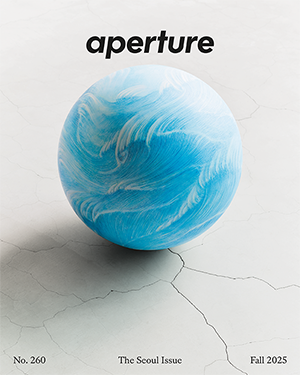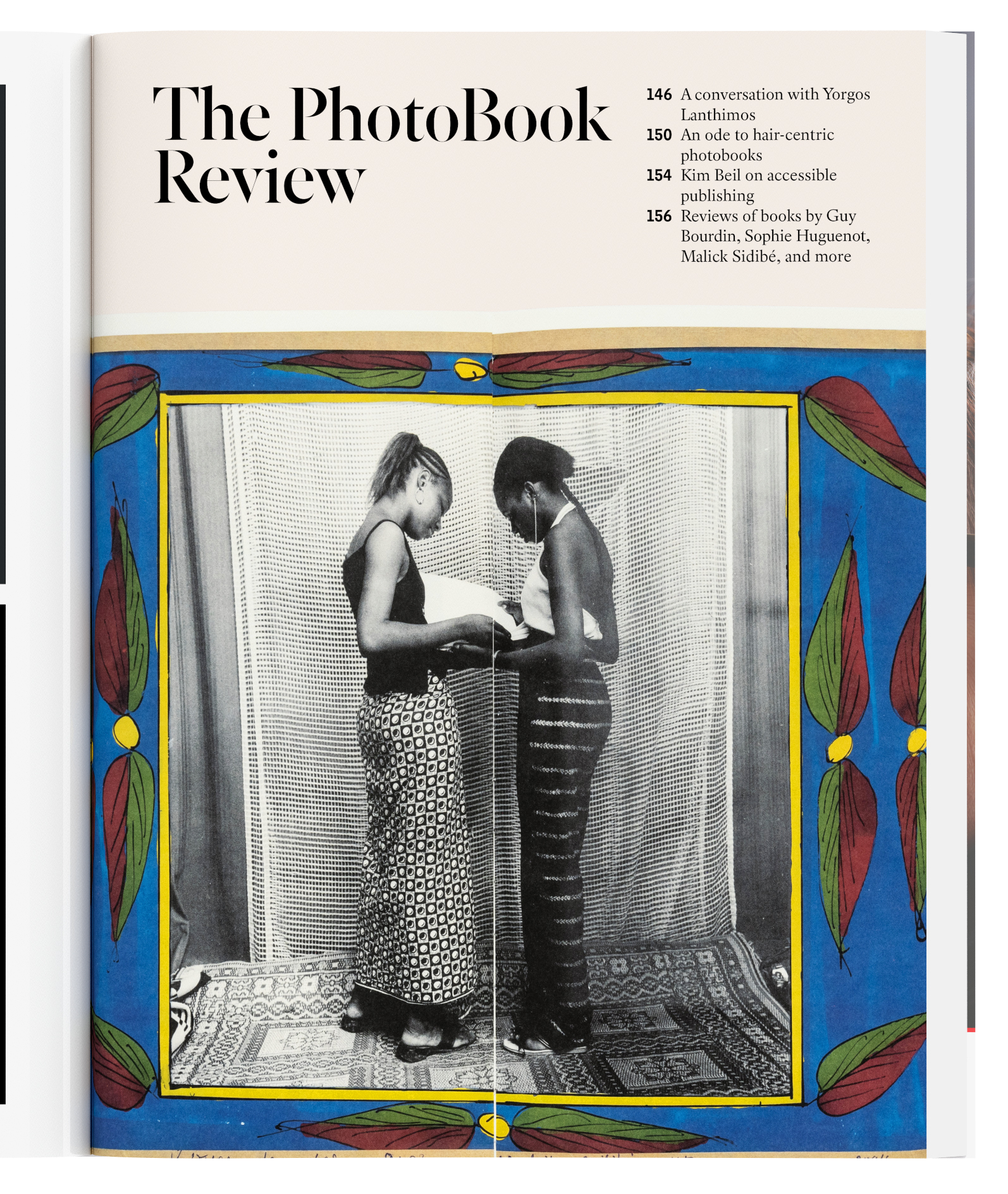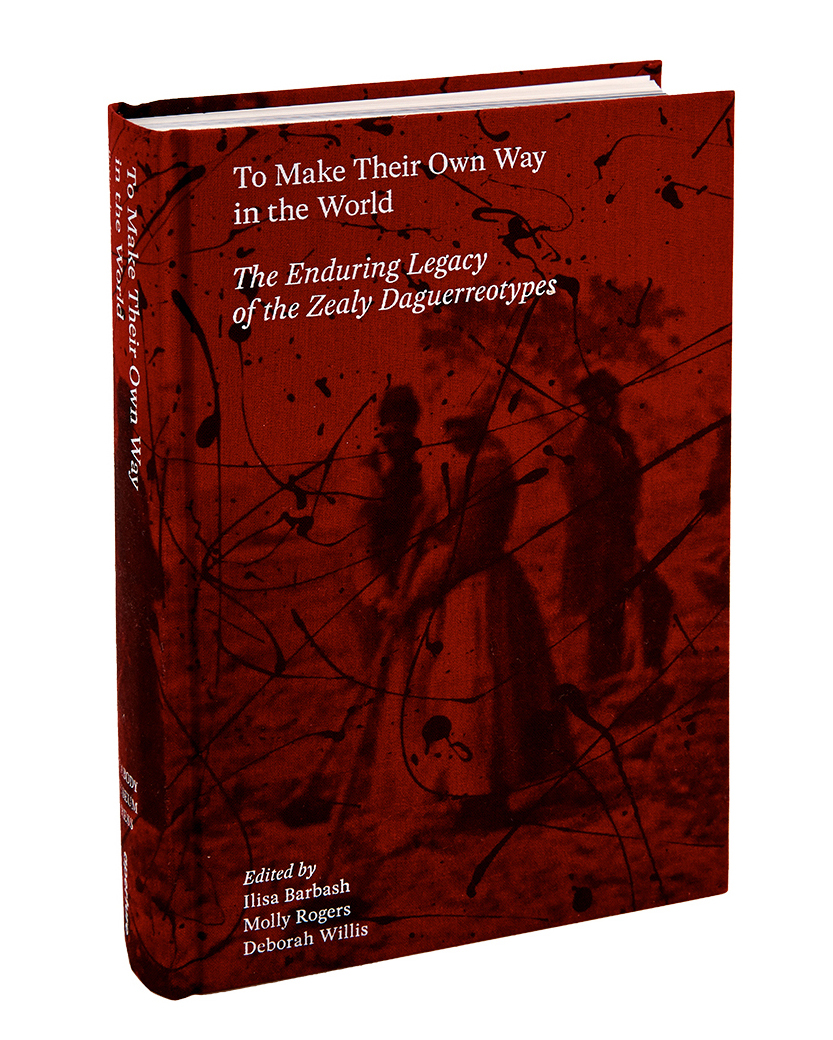To Make Their Own Way in the World: The Enduring Legacy of the Zealy Daguerreotypes
$60.00
In stock
To Make Their Own Way in the World is a profound consideration of some of the most challenging images in the history of photography: fifteen daguerreotypes of Alfred, Delia, Drana, Fassena, Jack, Jem, and Renty—men and women of African descent who were enslaved in South Carolina.

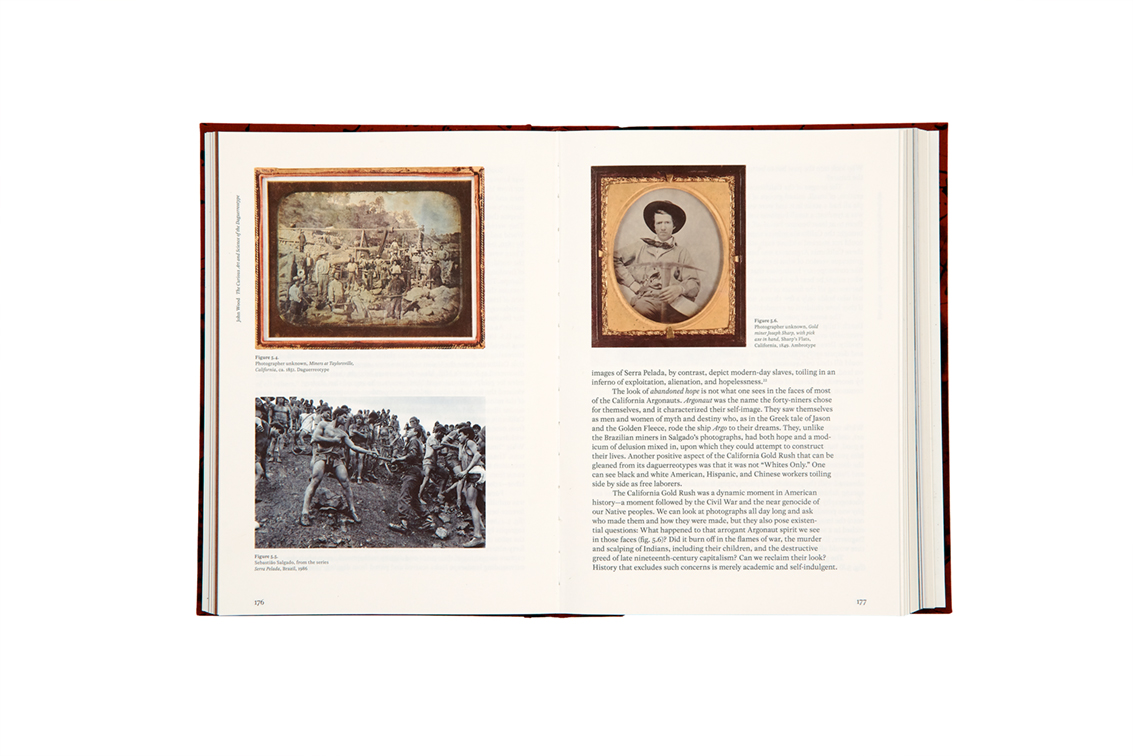


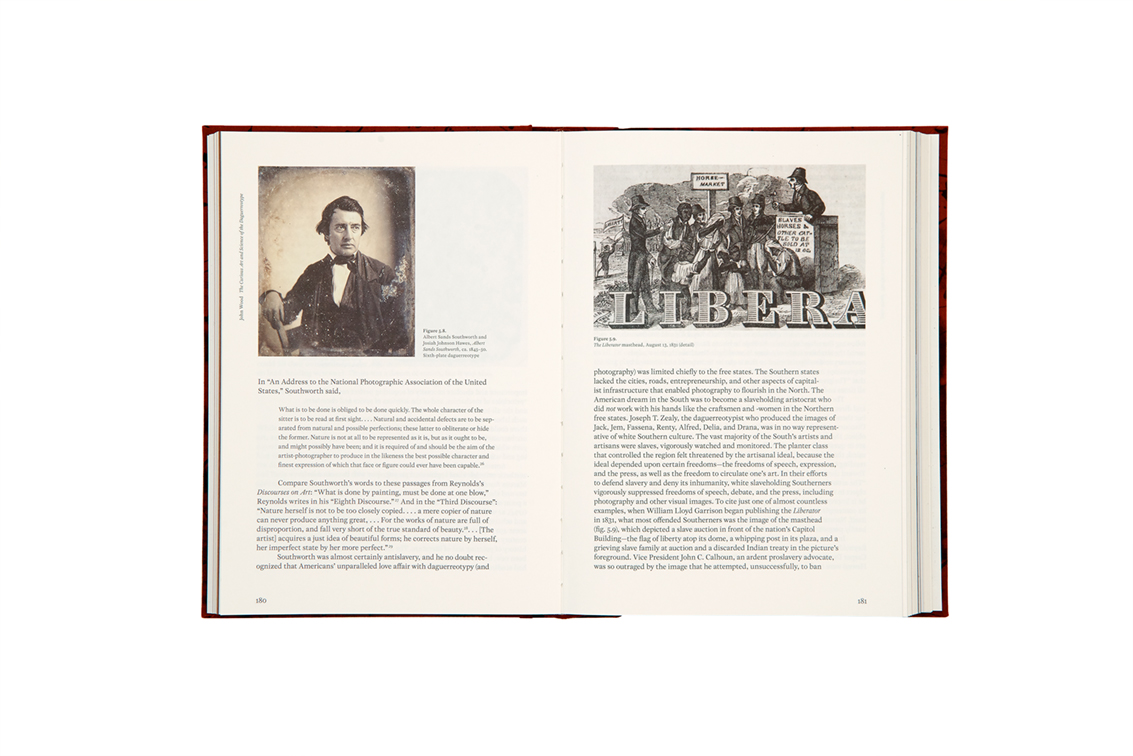

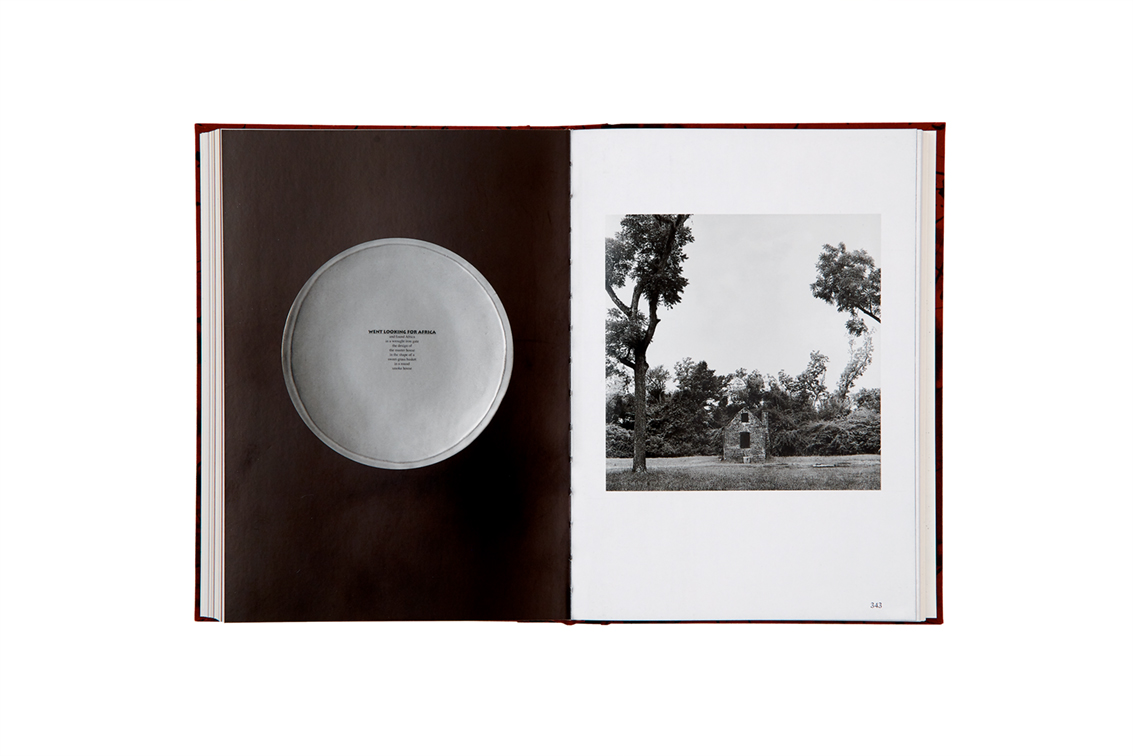
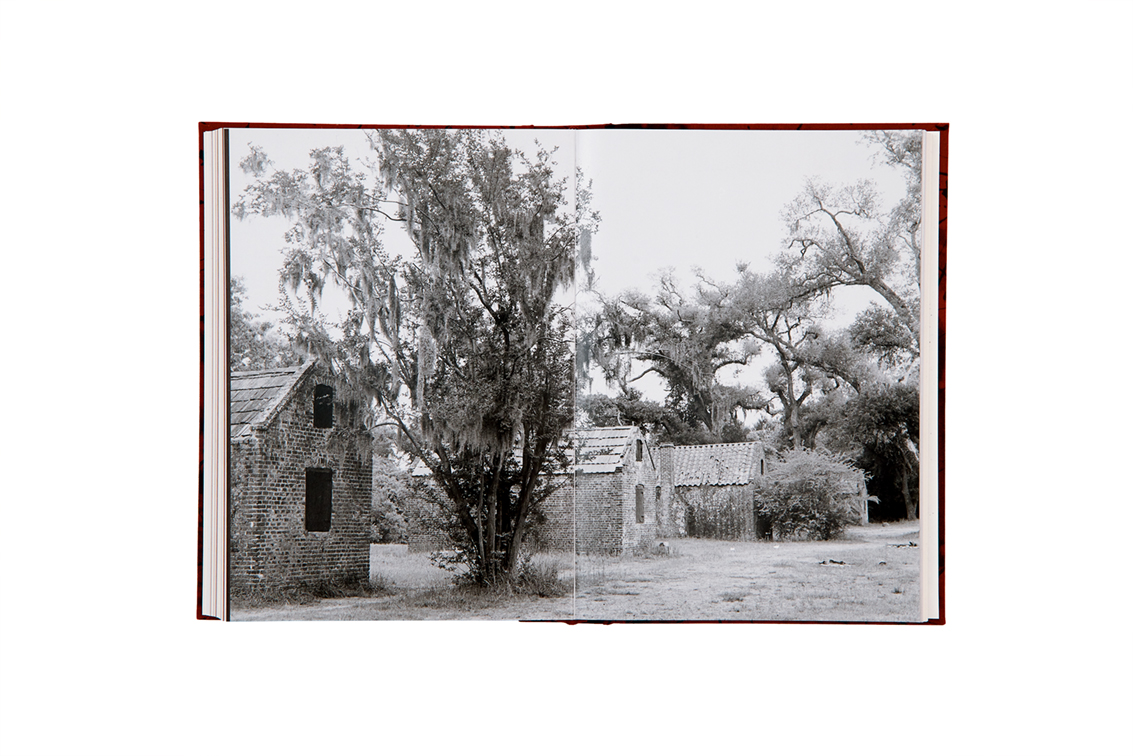

Photographed by Joseph T. Zealy for Harvard professor Louis Agassiz in 1850, they were rediscovered at Harvard’s Peabody Museum in 1976. This groundbreaking multidisciplinary volume features essays by prominent scholars who explore such topics as the identities of the people depicted in the daguerreotypes, the close relationship between photography and race, and visual narratives of slavery and its lasting effects. With over two hundred illustrations, including new photography by Carrie Mae Weems, this book frames the Zealy daguerreotypes as works of urgent engagement.
Copublished by Aperture and Peabody Museum Press
Format: Hardback
Number of pages: 488
Number of images: 230
Publication date: 2020-09-22
Measurements: 6.5 x 9.25 x 1.9 inches
ISBN: 9781597114783
Ilisa Barbash is curator of visual anthropology at Harvard University’s Peabody Museum of Archaeology and Ethnology. She is codirector of the films In and Out of Africa (1992) and Sweetgrass (2009). Barbash is the author of Where the Roads All End: Photography and Anthropology in the Kalahari (2016), which was awarded the John Collier Jr. Award for Still Photography.
Molly Rogers is a writer and independent scholar of American history and the history and theory of photography. She is the author of Delia’s Tears: Race, Science, and Photography in Nineteenth-Century America (2010), on the Peabody Museum’s daguerreotypes of enslaved Africans and African Americans. Rogers is associate director of the Center for the Humanities at New York University.
Deborah Willis is a professor and chair of the Department of Photography and Imaging at the Tisch School of the Arts, New York University. She received the NAACP Image Award for her coauthored book Envisioning Emancipation: Black Americans and the End of Slavery (2013). Other notable publications include Black Venus 2010: They Called Her “Hottentot” (2010) and Posing Beauty: African American Images from the 1890s to the Present (2009). Willis has been awarded Guggenheim and MacArthur fellowships.
Henry Louis Gates Jr., an Emmy Award-winning filmmaker, literary scholar, journalist, and cultural critic, is the Alphonse Fletcher University Professor and Director of the Hutchins Center for African and African American Research at Harvard University. Gates has been awarded a MacArthur Foundation Fellowship and a National Humanities Medal, authored or coauthored twenty-one books, and created fifteen documentary films and series, including Wonders of the African World (1999), African American Lives (2006–8), Faces of America (2010), and Finding Your Roots (2012–18).
Carrie Mae Weems, one of today’s most influential contemporary American artists, has work in New York’s Metropolitan Museum of Art and Museum of Modern Art, the Los Angeles Museum of Contemporary Art, and London’s Tate Modern. Her previous publications include The Hampton Project (Aperture, 2001), Kitchen Table Series (2016), and Strategies of Engagement (2018). Weems has been awarded a MacArthur Foundation Fellowship the Congressional Black Caucus Foundation’s Lifetime Achievement Award, and a US Department of State Medal of Arts.
